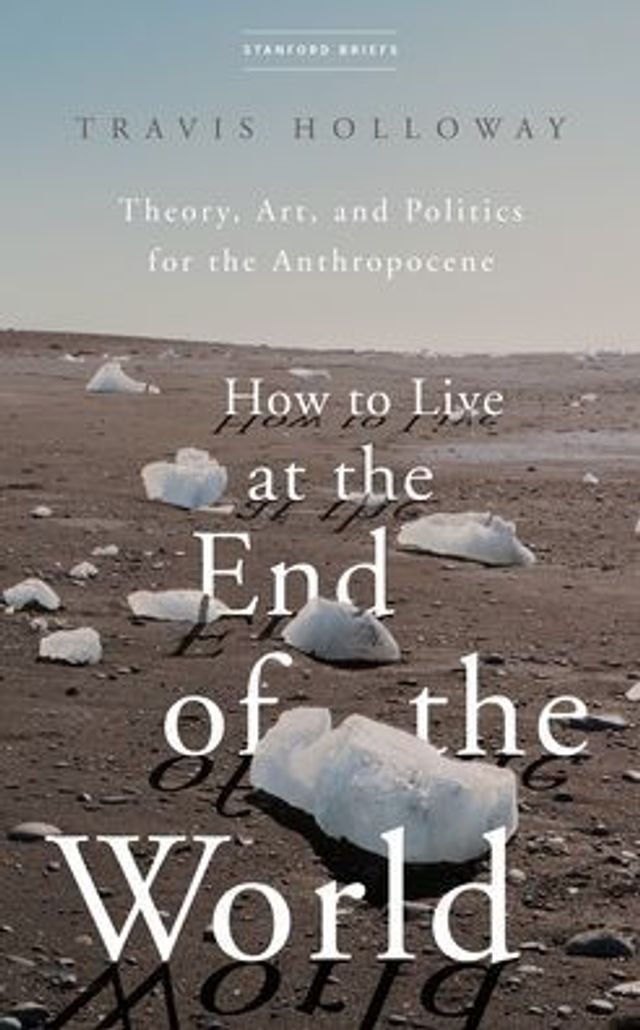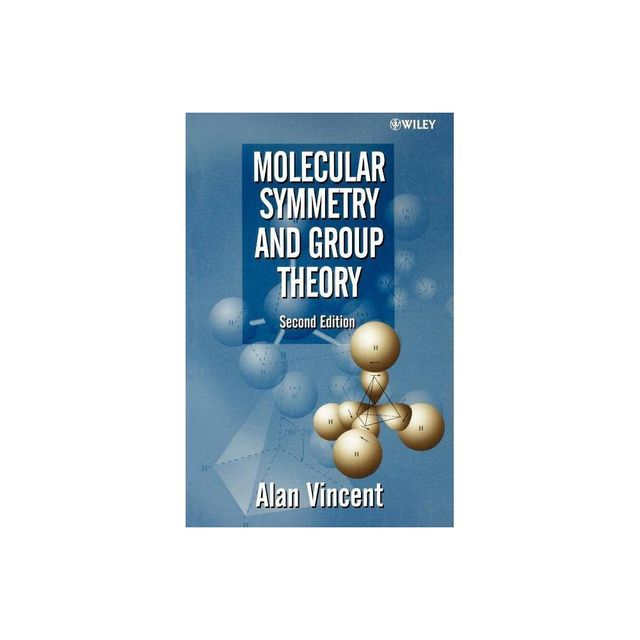Home
Molecular Red: Theory for the Anthropocene
Loading Inventory...
Barnes and Noble
Molecular Red: Theory for the Anthropocene
Current price: $34.95


Barnes and Noble
Molecular Red: Theory for the Anthropocene
Current price: $34.95
Loading Inventory...
Size: Paperback
*Product Information may vary - to confirm product availability, pricing, and additional information please contact Barnes and Noble
Radical new critical theory for the twenty-first century
In
Molecular Red
, McKenzie Wark creates philosophical tools for the Anthropocene, our new planetary epoch, in which human and natural forces are so entwined that the future of one determines that of the other.
Wark explores the implications of Anthropocene through the story of two empires, the Soviet and then the American. The fall of the former prefigures that of the latter. From the ruins of these mighty histories, Wark salvages ideas to help us picture what kind of worlds collective labor might yet build. From the Russian revolution, Wark unearths the work of Alexander Bogdanov—Lenin’s rival—as well as the great Proletkult writer and engineer Andrey Platonov.
The Soviet experiment emerges from the past as an allegory for the new organizational challenges of our time. From deep within the Californian military-entertainment complex, Wark retrieves Donna Haraway’s cyborg critique and science fiction writer Kim Stanley Robinson’s Martian utopia as powerful resources for rethinking and remaking the world that climate change has wrought.
proposes an alternative realism, where hope is found in what remains and endures.
In
Molecular Red
, McKenzie Wark creates philosophical tools for the Anthropocene, our new planetary epoch, in which human and natural forces are so entwined that the future of one determines that of the other.
Wark explores the implications of Anthropocene through the story of two empires, the Soviet and then the American. The fall of the former prefigures that of the latter. From the ruins of these mighty histories, Wark salvages ideas to help us picture what kind of worlds collective labor might yet build. From the Russian revolution, Wark unearths the work of Alexander Bogdanov—Lenin’s rival—as well as the great Proletkult writer and engineer Andrey Platonov.
The Soviet experiment emerges from the past as an allegory for the new organizational challenges of our time. From deep within the Californian military-entertainment complex, Wark retrieves Donna Haraway’s cyborg critique and science fiction writer Kim Stanley Robinson’s Martian utopia as powerful resources for rethinking and remaking the world that climate change has wrought.
proposes an alternative realism, where hope is found in what remains and endures.

![Art, Theory and Practice in the Anthropocene [Paperback, B&W] - by Julie Reiss](https://cdn.mall.adeptmind.ai/https%3A%2F%2Ftarget.scene7.com%2Fis%2Fimage%2FTarget%2FGUEST_f3f9b53e-6f94-4162-b35c-badde4db1738%3Fwid%3D1000%26hei%3D1000_medium.jpg)
















